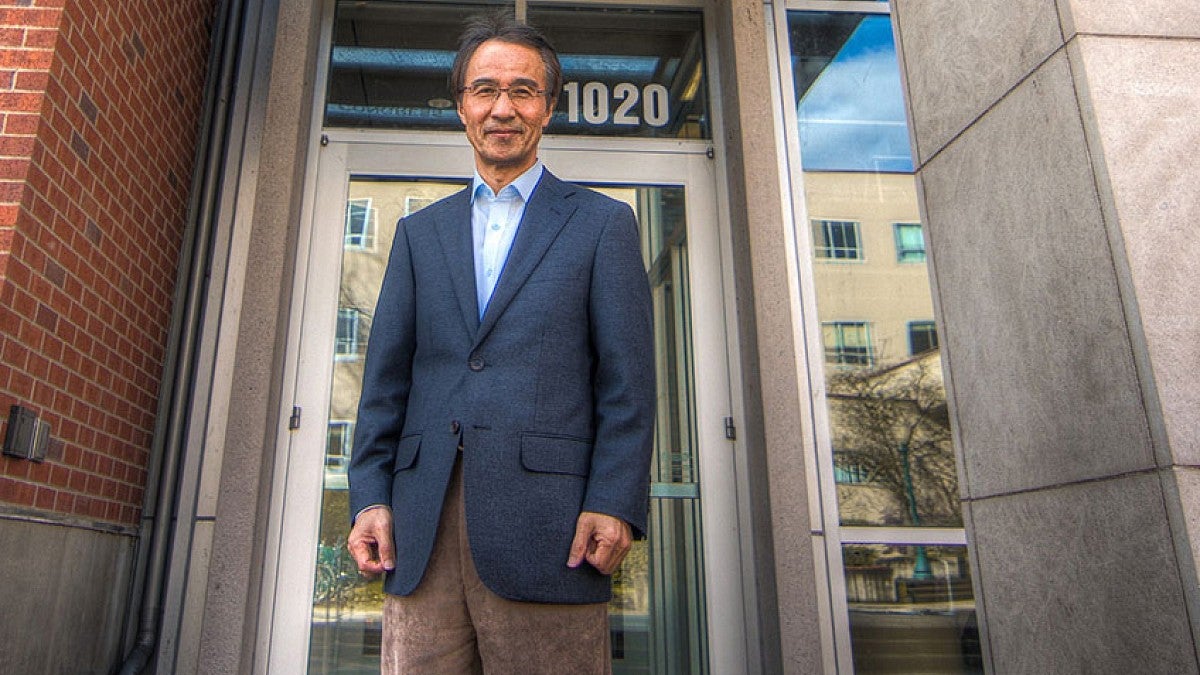A group of well-intentioned judges in Deschutes County have been placing gag orders on murder trials — five since 2015 — limiting the public’s access to the proceedings. However, doing so is a possible violation of the First and Sixth amendments, which guarantee freedom of the press and the right to an open trial, respectively.
This is according to Kyu Ho Youm, a professor at the UO’s School of Journalism and Communication and an expert on the First Amendment.
“This is very unusual, maybe unprecedented,” he said. “Simply because the gag orders are more or less pre-emptive, without thinking through why the gag orders are necessary.”
Furthermore, at least one judge said that she does not explain what her gag orders mean to the people whom they affect, which can lead to those people being overly cautious and withholding information from the press they legally could divulge.
“Anyone who is now being issued a gag order is simply not wanting to talk, because they are wanting to err, or they had no other choice but to err, on the side of overly cautious rather than pushing back on the gag order,” Youm said.
For more, see “Deschutes County gag orders trouble legal experts” in the Bulletin. The story also appeared under a different headline in U.S. News & World Report and numerous other news outlets.
Youm joined the School of Journalism and Communication in 2002 as the Jonathan Marshall First Amendment Chair. In addition to his duties with the UO, he has written a major media law textbook, contributed to several others and is the communication law and media policy editor of the International Encyclopedia of Communication.


